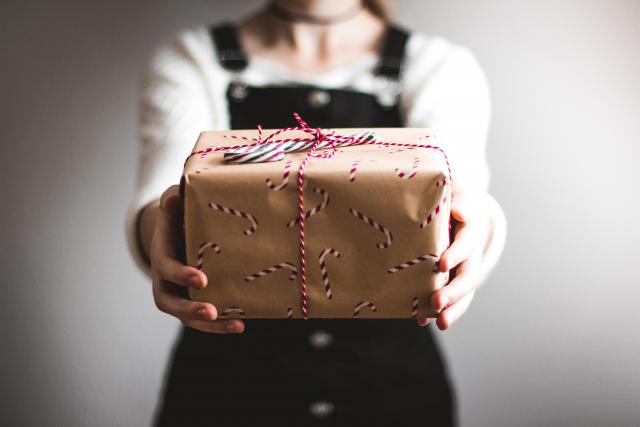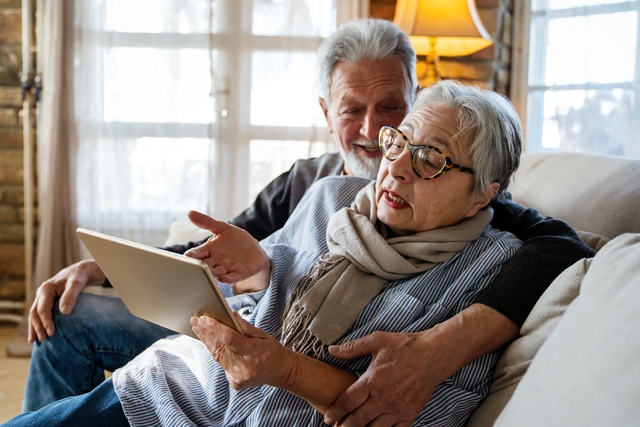When US President Donald Trump’s ‘Liberation Day’ tariffs swept across the globe on April 2, many Australian businesses had to adjust the way they traded with US-based customers and companies.
Caught in the global trade pandemonium that resulted in most Australian goods entering the US being hit with a 10 per cent tariff was a different form of trading – the trading of cards.
The Hobby, a Point Cook business that sells a variety of cards ranging from Pokémon to US sports, had to stop providing some of its key services when the tariffs hit.
The biggest service that the business paused was sending trading cards over to the US to be graded on their customer’s behalf, a process done to verify a card’s authenticity and condition for resale.
Manager Connor Pain said the decision to suspend the service was to avoid customers being hit unexpected expenses, while he tried to make sense of the situation with the businesses he works with in the US.
“We weren’t willing to risk any of our customer’s cards being hit with any sort of tariff or having any delay in shipping,” he said.
“So we made the decision to just pause and restart once we had a clear understanding of the necessary procedures.”
“We just had to ride it out as best we could.”
Mr Pain said the company felt the most financial pain in the initial two weeks after the tariffs were announced, but have business has since returned to normal.
However, he said there are still concerns about selling cards to the US via Ebay.
“There haven’t appeared to be any major impacts yet, though it may affect Australian card sellers as a whole going forward – but we still regularly attend shows in the US to buy, sell and trade cards,” he said.
“So now, theoretically, anything we now sell online and ship to customers in the US will be hit with a 10 per cent tariff, which is an ongoing concern.”







